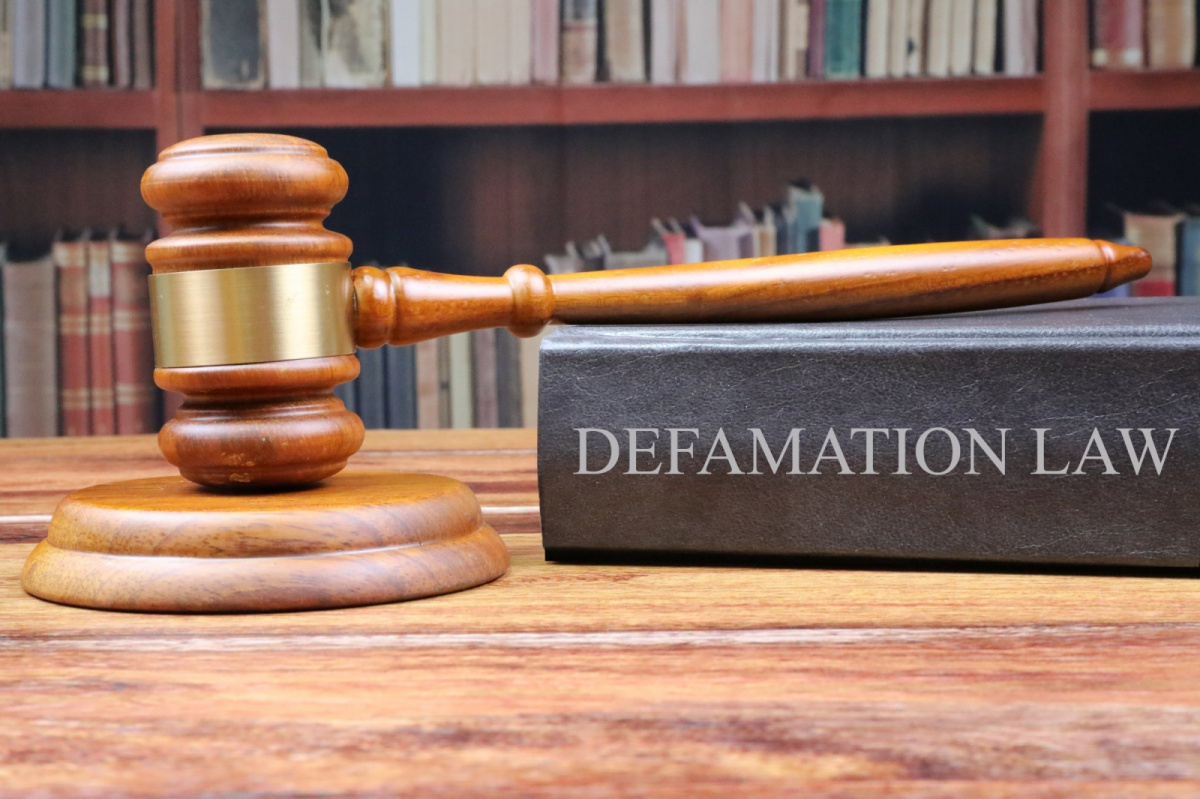Chinese companies are increasingly using defamation lawsuits to silence foreign research institutions that publish reports critical of their business practices, particularly allegations of human rights abuses such as forced labor. This legal strategy is aimed at quashing damaging research, which has triggered international debates and, in some cases, led to export restrictions.
One high-profile case began when researchers from Sheffield Hallam University in the UK published a report suggesting that Smart Shirts, a Chinese clothing company subsidiary, was potentially linked to forced labor. The findings sparked condemnation in the British Parliament and intensified discussions about human rights violations. In response, Smart Shirts filed a defamation lawsuit against the university, with a British judge recently ruling that the case would proceed. If the lawsuit is successful, the university could be required to pay damages.
This lawsuit is part of a broader pattern of legal challenges from Chinese companies seeking to suppress unfavorable reports. In the past few years, researchers from the US, Europe, and Australia have faced similar legal threats, with nearly half of such cases occurring in the last two years. These defamation suits, a tactic commonly used by corporations to fight negative media coverage, have put immense pressure on think tanks, universities, and other organizations that investigate human rights abuses and security violations linked to Chinese firms.
Experts warn that these legal actions are having a chilling effect on academic freedom and research, with many institutions fearing financial ruin or reputational damage if they continue to pursue such investigations. The growing trend of using legal threats to silence critics could undermine efforts to expose unethical practices in China’s powerful corporate sector.
Defamation-law-by-Nick-Youngson-CC-BY-SA-3.0-Pix4free



